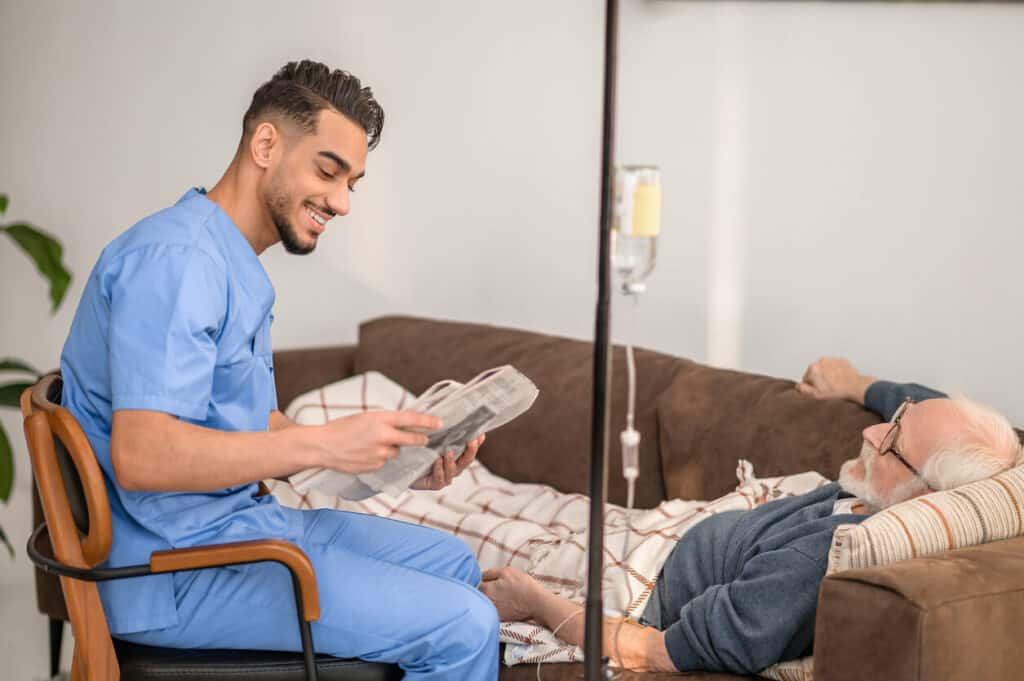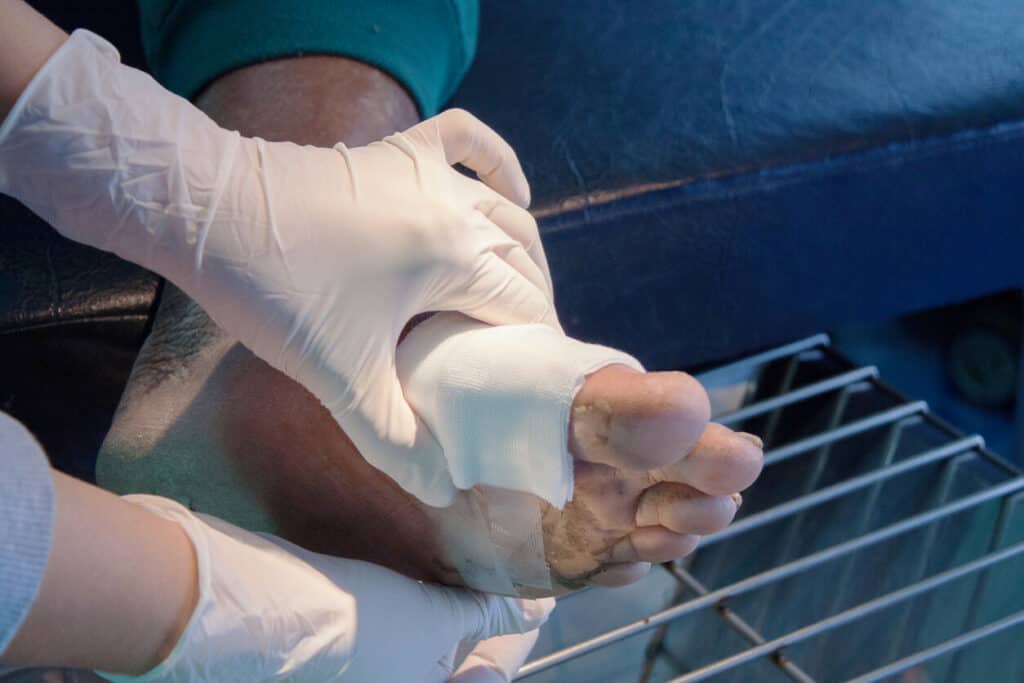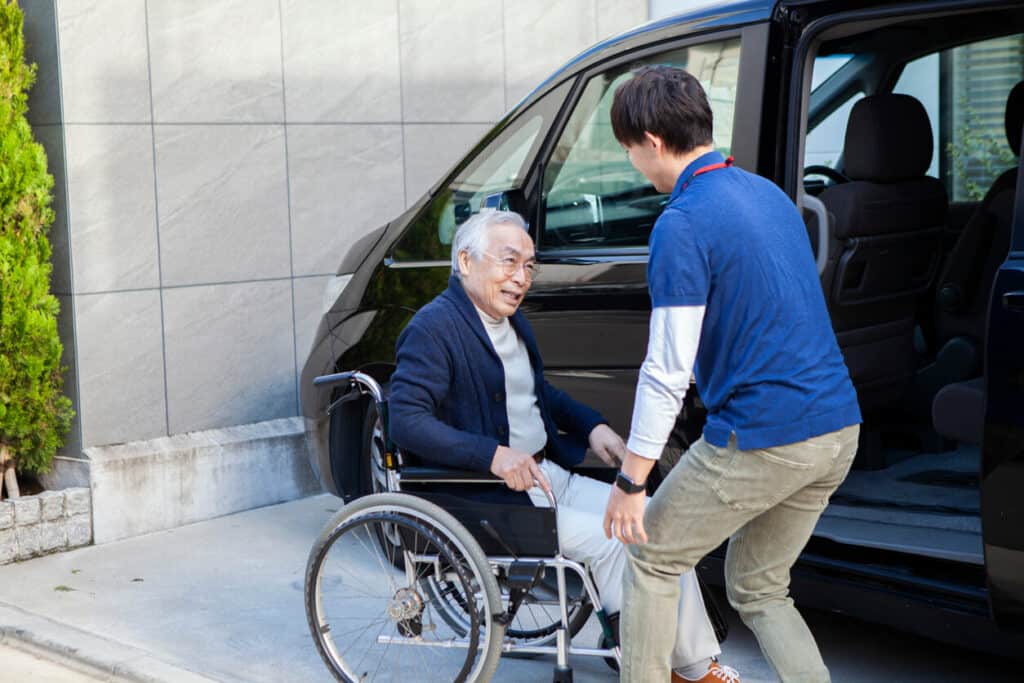Does your beloved older adult suffer from an acute or chronic health problem? Do they require therapeutic intervention and professional care during most of the day or part of it?
If you have answered ‘yes’ to these questions, then as a caregiver, you most probably are facing a lot of hardship. You may even have considered admitting your loved one to a facility or nursing center simply because you realize that you can not provide the most appropriate care that will improve their quality of life.

Your senior beloved is medically fragile, which is to say that they need skilled nursing care to assist them throughout the day or parts of it. This type of care is provided by a nurse who will be patient and at the same time very knowledgeable on how to deal with a lot of issues created by their medical condition. Perhaps you could consider hiring a private duty nurse who will be by your loved one’s side any time they might need medical assistance.
What is a private duty nurse (PDN)?
A private duty nurse is a registered nurse, who lives with the family, cares for the patient at their home, and at times provides respite care for the family as well. The private duty nurse is not only with the medically fragile patient at all times in the house but also accompanies the patient anywhere they need to go, such as doctors’ appointments, physical therapy, etc.

Private duty nursing services provide personalized and compassionate care to patients who can not care for themselves. If your beloved elderly needs constant medical and nursing care, this could be the long-term solution for your family.
These services are available through nursing or caregiving agencies and centers, which provide a range of care services, including assistance with daily activities, medication management, and specialized medical care.
Families can find these services easily by searching online for private duty nursing programs and accessing resources on the web.
However, finding the right person for this can be a challenging task. We recommend working with a reputable agency with good reviews who have pre-screened and vetted nurses. With continuous access to such highly trained staff, your elderly loved one can maintain their independence and dignity in a private and comfortable setting.
What can the private duty nurse do?
The main responsibility of private duty nurses is to help the aging adult live comfortably and safely at home while also lending a hand to the family members.
Patients who require this kind of assistance usually have complex medical needs. Those could be one or more of the following:
- put on a ventilator;
- have undergone a tracheostomy, where the person’s windpipe is surgically cut and connected to a breathing machine;
- have a feeding tube installed;
- need daily intravenous infusions;
- have other complex medical needs such as ALS or a brain injury.

Only a registered nurse or a licensed practical nurse can lawfully address all of these advanced nursing needs in a non-hospital environment.
Some of the skilled services that private duty nurses can perform are:
- Coordinating and communicating with your loved one’s physician
- Dressing wounds and changing bandages
- Managing pain medications and medical status observation
- Administering and managing medication intake
- Developing daily care plans tailored to patient’s needs
- Conducting IV therapy
- Refilling Insulin syringes

- Cleaning and caring for ostomy and catheters
- Helping with mobility exercises to increase range of motion
- Providing foot care – washing and checking feet to prevent bedsores
- Assisting with occupational therapy
- Providing palliative, end-of-life care
- Ventilator care
- Bowel care
- Training family members on how to care for their loved one
Most of these duties are required by your loved one’s healthcare provider and are most commonly performed in a hospital or hospice home. The private duty nurse gives you the opportunity to execute the doctor’s orders in the comfort of your home environment.
How is a private duty nurse different from a home nurse?
One major difference between a home nurse and a private duty nurse is that the first usually spends strictly limited time with the patient. A home nurse will come in, check on the patient, provide the personal care scheduled for that day, then leave.
In contrast, a private duty nurse is a person who resides in the home of your beloved senior. By law, the working hours of a private duty nurse can not exceed 16 hours per day, which accounts for a full workday. However, the nurse is ever present in the house and can react swiftly in an emergency or other change of circumstances.

A home nurse will not be able to take the place of a family member and provide respite care the way a private duty nurse could do it. Firstly, it is because their time at the patient’s home is limited, and second, the responsibilities of a home nurse do not include respite care.
Pros and cons of private-duty nursing service
Respite care
Caring for an aging loved one with advanced medical needs can be a daunting and strenuous responsibility, especially in the long run. No one should be expected to tackle this entirely by themselves. And if you have been the main care provider, you must have felt the need for some time off from this duty.
With private duty nursing care, you will still have to provide skilled care tasks for your loved one, but you will also be able to receive respite care and address your own needs adequately.

Reduced need for hospitalization
Having a registered nurse available at all times means that you don’t have to worry about having to bring your beloved to the hospital for every intervention, bandage change, or medication administration. This could relieve a huge burden associated with the time allotted for transportation and the stress of a changed environment. It can also have a beneficial effect on pain management.
Cost
Private duty nurses are paid as skilled workers and their typical salary can vary from $76,000 to $83,000 per year depending on the state.
Unfortunately, the costs of private-duty nursing care are not covered by the Medicare program, but it may be covered by Medicaid to some extent. Consult with your state’s Medicaid provider to find out what is covered.
Additionally, if your loved one has long-term care insurance, keep in mind that Insurance coverage and benefits vary, so review the terms and coverage of their policy carefully, and find out if the cost of a PDN is covered or not.
Risks involved
When hiring a private duty nurse it’s a good idea to go through a reputable agency. Since this professional will live with your family, they must be trustworthy and respectable as well as patient and responsible.
They should be there not only to take care of your beloved elderly but also to support the whole family and encourage you to seek a physician’s consultation if the condition of your loved one requires it.
The Bottom Line
Having a private duty nurse residing at home with your family and your beloved senior can relieve the stress and the responsibilities created by the special care they need at this stage of their life. However, if you are still not feeling confident about what type of care to choose for your loved one, please contact us at Amy’s Eden. We are going to schedule a free assessment appointment.
Our wellness coach will visit you to assess the situation, and the medical needs your beloved older adult requires. The specialist will then suggest what steps you could take to provide the best quality of life possible to your aging family member.
Sources:
https://www.dshs.wa.gov/altsa/private-duty-nursing




